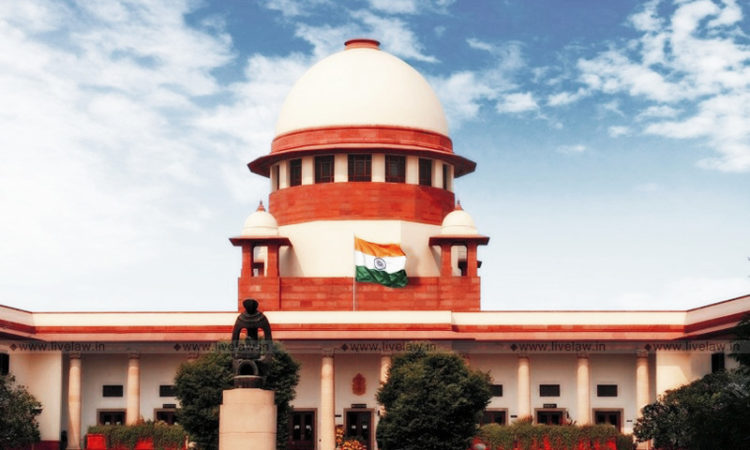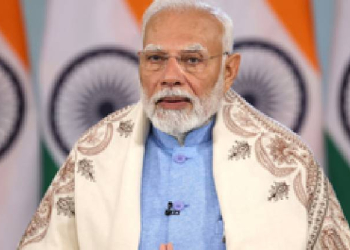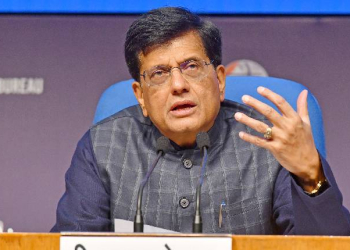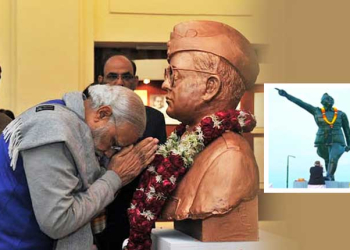New Delhi: A plea has been moved in the Supreme Court claiming the non-essentiality of hijab for women in Islam, and seeks to indicate the correctness of the Karnataka High Court judgment, which upheld the right of educational institutions to ban the head covering in pre-university colleges in the state.
The intervention plea has been filed by Syed Habeeb-ur-Rehman, a former officer of the Indian Armed Forces and then serving ITC for 37 years and also being appointed to its Board of Directors.
Rehman, represented by advocate Jai Anant Dehadrai, said he has always condemned “gross and perverse misinterpretations” of the holy book and it is in this context he wishes to put forth his years of experience, knowledge, and practical and wider understanding of Islam and essential Islamic practices mandated in the Quran vis-a-vis the Constitution.
Seeking to intervene in the matter, he said: “The applicant is a secular and progressive Muslim observing the spirt of Islam, who seeks to bring to the attention of this court that in his 80 years, he has never seen his own grandmothers, grand-aunts, mother or sisters, who all observed the spirt of Islam, wear even a headscarf around their head.”
Rehman said he seeks to assist the apex court with the correct theological interpretation of the holy book to dispel the false notion that it contains a mandatory direction of wearing of hijab.
“Rather, the idea that Muslim women are compelled to wear a hijab is the outcome of ignorant and radicalised entities, who are wrongly furthering an extremely backward and regressive misinterpretation of the holy book by claiming wearing of hijab by women to be an essential religious practice,” his plea said.
The plea contended that even from a Koranic perspective, it is abundantly clear that women were not directed to wear hijab, rather the direction was for the believers of the faith to maintain distance from the wives of the Prophet while engaging with them.
It added that since the Koranic text clarifies that wearing of the headscarf or hijab is not a mandatory or essential part of the Islamic religion, therefore, the appelants cannot claim a direction in the nature of creating collective belonging for students, on the specious claim that it offends Muslim student’s right to religion.
“The Government Order dated February 5, 2022, does not prohibit Muslim students to wear hijab in public or private spaces, it only restricts the usage of it inside the institutional premises, where the students have gathered for collective and secular pursuit of education,” said the plea.
The top court is scheduled to continue hearing a clutch of petitions against the Karnataka High Court judgment, which upheld the right of educational institutions to ban wearing of hijab in pre-university colleges in the state, on Wednesday.
(IANS)




















